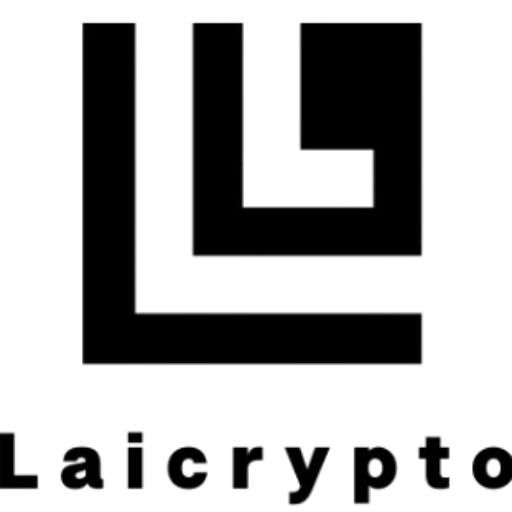Subscribe to Updates
Author: Michael Johnson
Security Alert Affected configurations: Geth Severity: High Summary: An issue has been identified with Geth’s journaling mechanism. This caused a network fork at block #2686351 (Nov-24-2016 14:12:07 UTC). The new Geth release 1.5.3 fixes the journaling issue and repairs the fork. Details: Geth was failing to revert empty account deletions when the transaction causing the deletions of empty accounts ended with an an out-of-gas exception. An additional issue was found in Parity, where the Parity client incorrectly failed to revert empty account deletions in a more limited set of contexts involving out-of-gas calls to precompiled contracts; the new Geth behavior…
This week marks the completion of our fourth hard fork, Spurious Dragon, and the subsequent state clearing process, the final steps in the two-hard-fork solution to the recent Ethereum denial of service attacks that slowed down the network in September and October. Gas limits are in the process of being increased to 4 million as the network returns to normal, and will be increased further as additional optimizations to clients are finished to allow quicker reading of state data. In the midst of these events, we have seen great progress from the C++ and Go development teams, including improvements to Solidity tools and the…
The possibilities of zkSNARKs are impressive, you can verify the correctness of computations without having to execute them and you will not even learn what was executed – just that it was done correctly. Unfortunately, most explanations of zkSNARKs resort to hand-waving at some point and thus they remain something “magical”, suggesting that only the most enlightened actually understand how and why (and if?) they work. The reality is that zkSNARKs can be reduced to four simple techniques and this blog post aims to explain them. Anyone who can understand how the RSA cryptosystem works, should also get a pretty…
Vitalik suggested last week that I share my basic research and design philosophy in a blog post, I agreed but complained that it was still changing. My friend Jon West told me that everyone would really appreciate it if I told everyone about my Casper research, I mostly agreed. Then someone on reddit told me to focus on Ethereum. So here’s the Casper tech story, given as a chronological history of the evolution of the key technology, ideas and language that are involved in “Casper research”. Many of our favorite blockchain personalities are part of the story. This is my…
This chapter describes the game theory and economic security modelling we were doing in the Fall of 2014. It recounts how the “bribing attacker model” led our research directly to a radical solution to the long range attack problem. Chapter 2: The Bribing Attacker, Economic Security, and the Long Range Attack Problem Vitalik and I had each been reasoning about incentives as part of our research before we ever met, so the proposition that “getting the incentives right” was crucial in proof-of-stake was never a matter of debate. We were never willing to take “half of the coins are honest”…
With the long awaited geth 1.5 (“let there bee light”) release, Swarm made it into the official go-ethereum release as an experimental feature. The current version of the code is POC 0.2 RC5 — “embrace your daemons” (roadmap), which is the refactored and cleaner version of the codebase that was running on the Swarm toynet in the past months. The current release ships with the swarmcommand that launches a standalone Swarm daemon as separate process using your favourite IPC-compliant ethereum client if needed. Bandwidth accounting (using the Swarm Accounting Protocol = SWAP) is responsible for smooth operation and speedy content…
On December 16, we were made aware that someone had recently gained unauthorized access to a database from forum.ethereum.org. We immediately launched a thorough investigation to determine the origin, nature, and scope of this incident. Here is what we know: The information that was recently accessed is a database backup from April 2016 and contained information about 16.5k forum users.The leaked information includes Messages, both public and privateIP-addressesUsername and email addressesProfile informationHashed passwords ~13k bcrypt hashes (salted)~1.5k Wordpress-hashes (salted)~2k accounts without passwords (used federated login) The attacker self-disclosed that they are the same person/persons who recently hacked Bo Shen.The attacker…
December marks a month of continued progress in the Ethereum ecosystem. Research on proof of stake and sharding continues after the research team’s workshop in Singapore in November, the light client slowly keeps getting better, Whisper and Swarm keep moving forward, and discussions on protocol economics and community governance continue to mature. First, privacy technologies on Ethereum, and particularly zk-SNARKs (or “zero knowledge proofs”), have been rapidly moving forward. Vlad Zamfir has taken it upon himself to explain the history behind Casper, from his point of view: On proof of stake from myself: Vlad has also taken it upon himself to rail against…
The first version of the Light Ethereum Subprotocol (LES/1) and its implementation in Geth are still in an experimental stage, but they are expected to reach a more mature state in a few months where the basic functions will perform reliably. The light client has been designed to function more or less the same as a full client, but the “lightness” has some inherent limitations that DApp developers should understand and consider when designing their applications. In most cases a properly designed application can work even without knowing what kind of client it is connected to, but we are looking into…
Members of the Ethereum R&D team and the Zcash Company are collaborating on a research project addressing the combination of programmability and privacy in blockchains. This joint post is being concurrently posted on the Zcash blog, and is coauthored by Ariel Gabizon (Zcash) and Christian Reitwiessner (Ethereum). Ethereum’s flexible smart contract interface enables a large variety of applications, many of which have probably not yet been conceived. The possibilities grow considerably when adding the capacity for privacy. Imagine, for example, an election or auction conducted on the blockchain via a smart contract such that the results can be verified by any…


